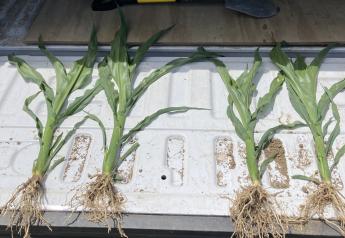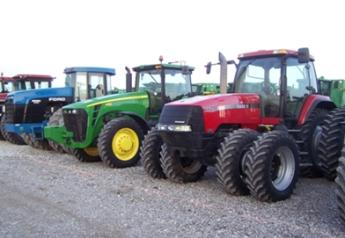China Grains Trade Scrambles for Data After Key Source Goes Dark

BEIJING, May 14 (Reuters) - The unexplained suspension of operations of a key Chinese agricultural data provider has left traders, analysts and brokers scrambling for other sources of information on one of the world's most important farm markets.
Beijing-based Cofeed, a private consultancy set up almost 20 years ago, had established itself as what many in the market regarded as the most comprehensive supplier of information on grains and oilseeds in the world's biggest buyer of soybeans.
It stopped updating data on its website and in feeds to clients on April 29 without explanation.
"It's pretty inconvenient," said Darin Friedrichs, senior Asia commodity analyst at the Shanghai office of international brokerage StoneX Group.
"Their numbers were taken as de facto estimates on arrivals. I'm still looking at where else we can get it from," he said.
Cofeed's data on soybean and soymeal inventories, crush margins, operating rates at soy crushing plants, soybean arrivals, premiums and prices in different regions was especially valued by the industry.
China spent around $40 billion importing 100 million tonnes of soybeans last year, 60% of the globally traded amount, and the rate at which it crushes beans into meal and changes in its commercial stocks are key drivers of global prices.
China also emerged as the top corn importer last year for the first time, heightening the need among global grain exporters for information to assess its buying appetite.
"All of the market was using their data," said a China-based soybean trader with an international trade house. "Now we need to call everybody to get the info, it takes time."
Cofeed gathered information from 50 cities across the country, according to a description of its data on Eikon, the platform run by financial data firm Refinitiv, compiling numbers supplied by crushers on daily processing volumes.
Thomson Reuters, the parent company of Reuters News, holds a 15% stake in the London Stock Exchange Group, which completed its purchase of Refinitiv in January.
Other providers of agricultural information in China such as Shanghai-based JC Intelligence Co Ltd (JCI) and newcomer Myagric.com don't supply the same range and consistency of data, said some market participants.
JCI declined to comment on its product offering and Myagric.com could not be reached after office hours.
Friedrichs said the overseas market could be at a greater loss than Chinese traders, who have bigger networks on the ground that can provide information.
Refinitiv declined to comment on whether it will add data from alternative sources to supplement the missing Cofeed numbers.
An advisory on Eikon said: "We are still investigating the reasons for why the source has not sent this data."
Repeated calls to the mobile phones of two Cofeed analysts this week went unanswered and three others also did not pick up calls.
The entrance to a villa on the outskirts of Beijing where the firm is believed to have been operating had been sealed by police on April 29, Reuters found on Wednesday.
"Getting accurate data from China is massive. Without that, nobody can be sure of the real picture," said a Melbourne-based grains and oilseeds trader, who declined to be named as he is not authorised to speak on the matter. (Reporting by Dominique Patton in Beijing. Additional reporting by Shivani Singh in Beijing, Emily Chow in Shanghai and Colin Packham in Canberra; editing by David Evans)







